Moving from human to institutional knowledge in a law firm
Humans have a marvelous capacity for storing knowledge. It can be recalled on demand and applied with flexible in many contexts to solve problems. How can this knowledge be taught to new people to solve old problems, or find answers when there is no access to the expert? Law firms are realizing that systematizing their knowledge and processes can help them serve their clients better, provide better support for their employees, and boost the health of the firm as a whole. They are undergoing cultural shifts and utilizing technology and tools that make it simpler to develop repeatable procedures and …
Keeping up with tech advances in the legal profession
As digital innovations proliferate in the world, they have become disruptive affecting every aspect of life including the legal profession. Business and daily life should run more smoothly thanks to new digital technologies. They do necessitate faster product and service delivery from businesses. However, they also help you run your business more effectively. Traditions and precedents have always been used in the practice of law. Attorneys, on the other hand, have a long history of embracing new technologies that enable them to move more quickly and avoid becoming bogged down in repetitive tasks. Law firms embraced computerized legal research when …
How Covid-19 Changed Legal Service Delivery
Law firms were forced to temporarily close their physical offices and rely on virtual connections as a result of COVID lockdowns and safety concerns. Previously in-person client meetings and firm collaboration suddenly moved online. Instead of visiting the company’s office, customers read and signed documents on their devices. Many of these changes were well received by customers because they saved them time and gave them more flexibility. Among the most well-liked modifications are: The rise of the self-service delivery model Prior to COVID, self-service for legal clients was already a trend that grew during the shutdowns. Many fundamental legal questions …
How Law Firms Can Retain its Clients
In a market where customers have a wide variety of choices, losing clients to other law firms is certainly a barrier to growth. How can you stem the loss by differentiating your firm from others? Developing a competitive edge is essential to give your firm an advantage over your potential competitors. Despite your firm’s uniqueness, a key questions to ask is: what more could be done to stay ahead of the competitors? What distinguishes you? There are many different kinds of differentiation, and the most important thing is to use them to your advantage. You could, for instance, benefit from …
What Is Intellectual Property?
Intellectual property is a broad category that refers to the collection of intangible assets that a company or individual owns. These are legally protected from being used or implemented by anyone else without their explicit permission. A non-physical asset that a business or individual owns is an intangible asset. The idea of intellectual property is that certain products of human thought ought to be protected in the same way that physical property, also known as tangible assets, is protected. Legal safeguards for both types of property are in place in the majority of developed economies. Understanding Intellectual Property Given its …
What is Attorney-Client Privilege
Attorney-client privilege is a legal principle that protects communications between a client and their lawyer from being disclosed without the client’s consent. This privilege applies to both oral and written communications, and applies in a variety of legal contexts, including criminal cases, civil litigation, and regulatory investigations. It is intended to encourage clients to make full and frank disclosures to their attorneys so that the attorneys can provide effective legal representation. The attorney–client privilege is one of the oldest privileges for confidential communications. What’s Covered Under Attorney Client Privilege? The attorney-client privilege in the United States is often defined by …
Demystifying Esquire, Attorney, and Lawyer
The terms “esquire,” “attorney,” and “lawyer” are often used interchangeably to refer to professionals who practice law. However, there are some differences in the specific meanings of these terms. In the United States, an “esquire” (abbreviated as “Esq.”) is a title that is often used by lawyers. It is typically added to the end of a lawyer’s name, and it is used as a formal indication of their profession. An “attorney” is a person who is qualified to practice law and provide legal representation to clients. In the United States, an attorney is a general term that can be used …
What is the Privy Council
The Privy Council of the United Kingdom is a formal body of advisers to the British monarch. It is made up of various senior politicians, judges, and other officials who are appointed by the monarch on the advice of the Prime Minister. The Privy Council has a number of functions, including acting as a court of final appeal for a number of countries and territories that are part of the Commonwealth of Nations. It also has the power to issue orders and ordinances on behalf of the monarch, and it serves as a ceremonial body for certain formal occasions. In …


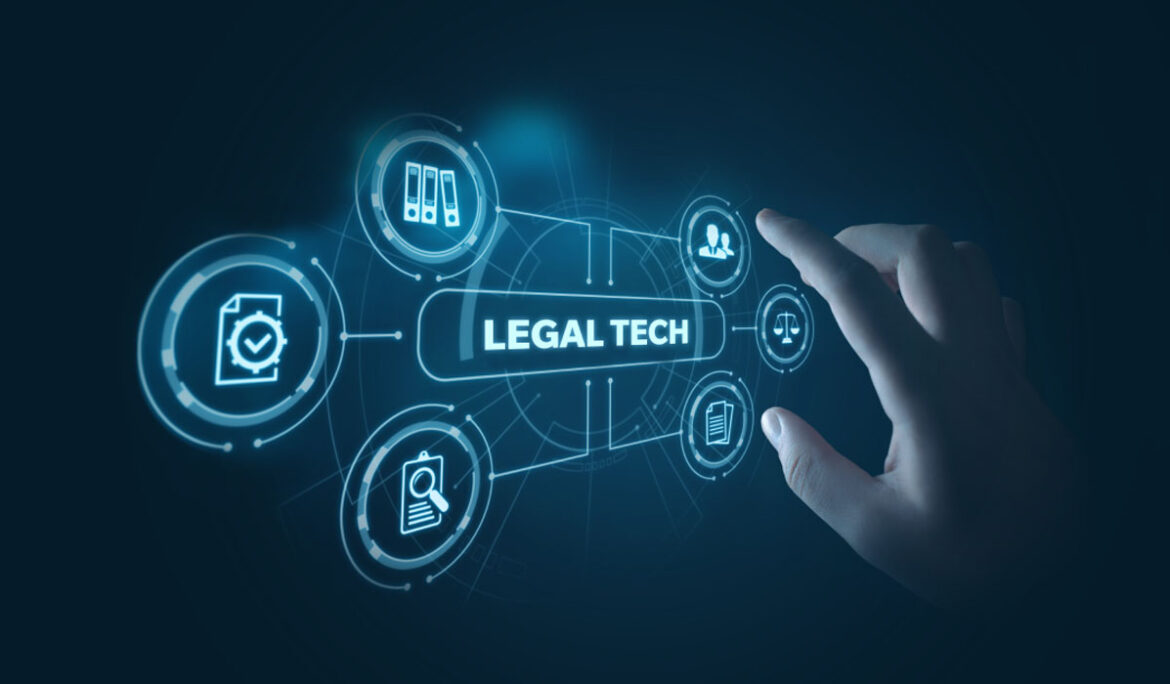


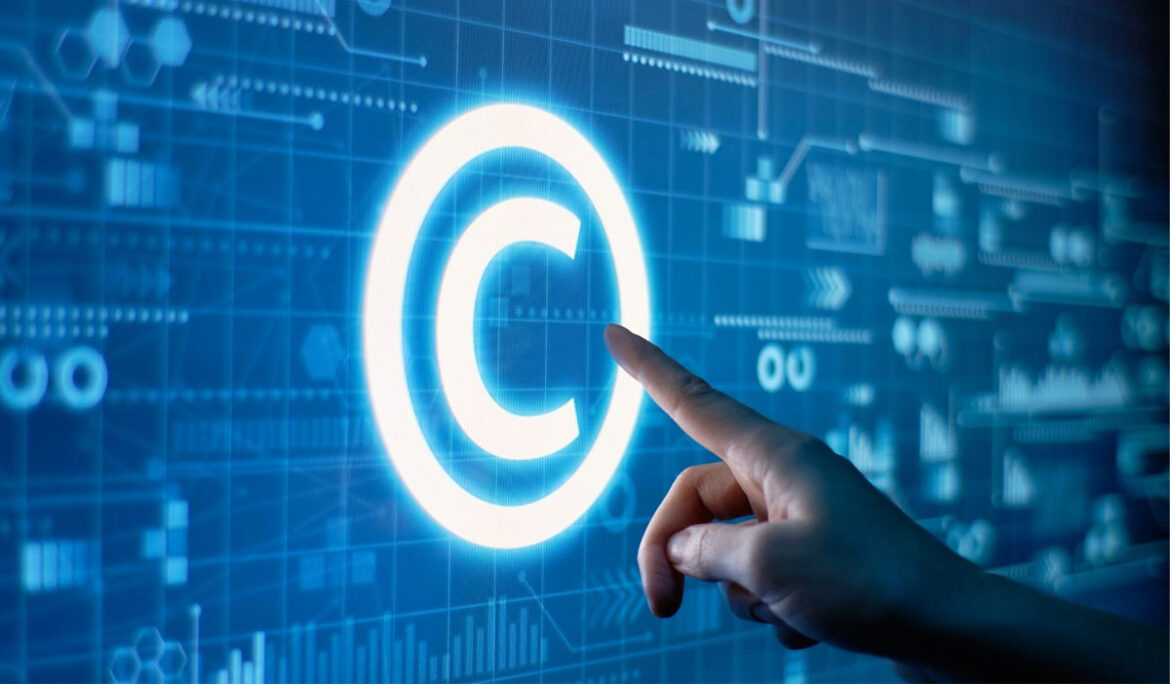

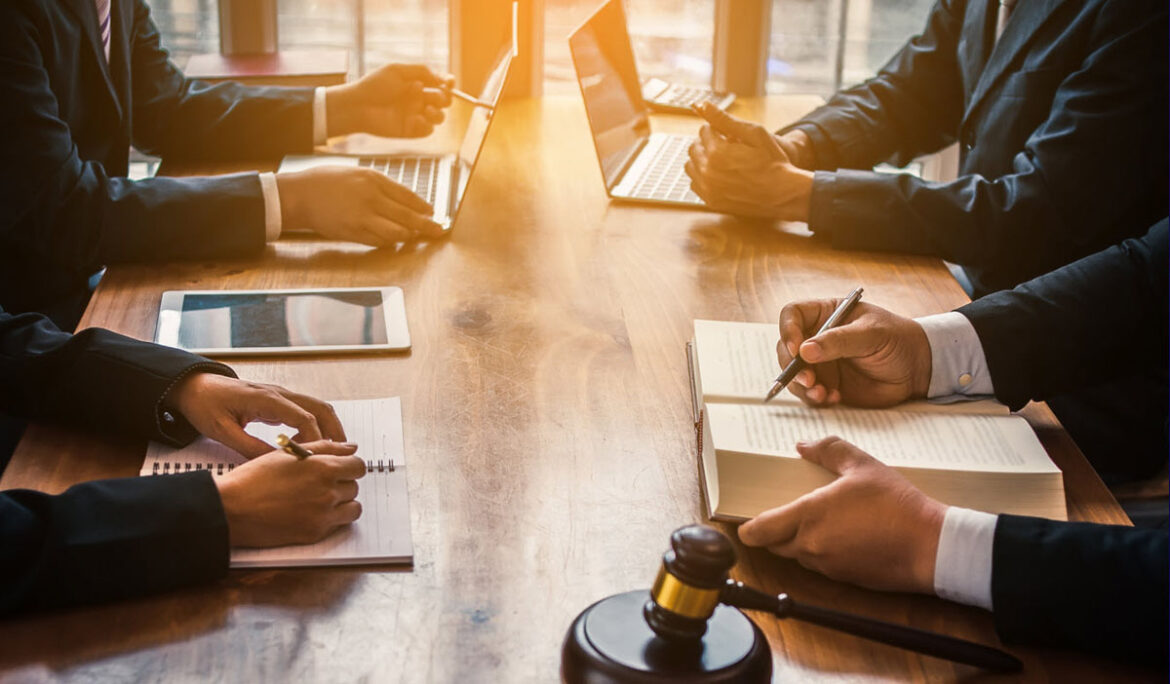
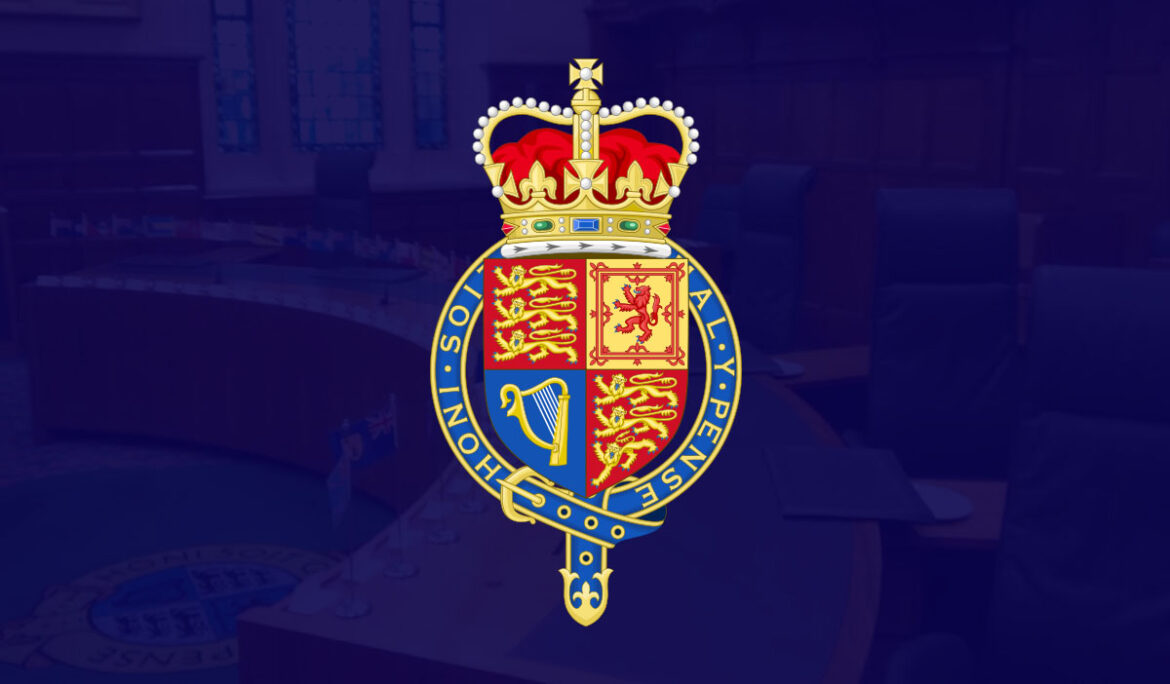
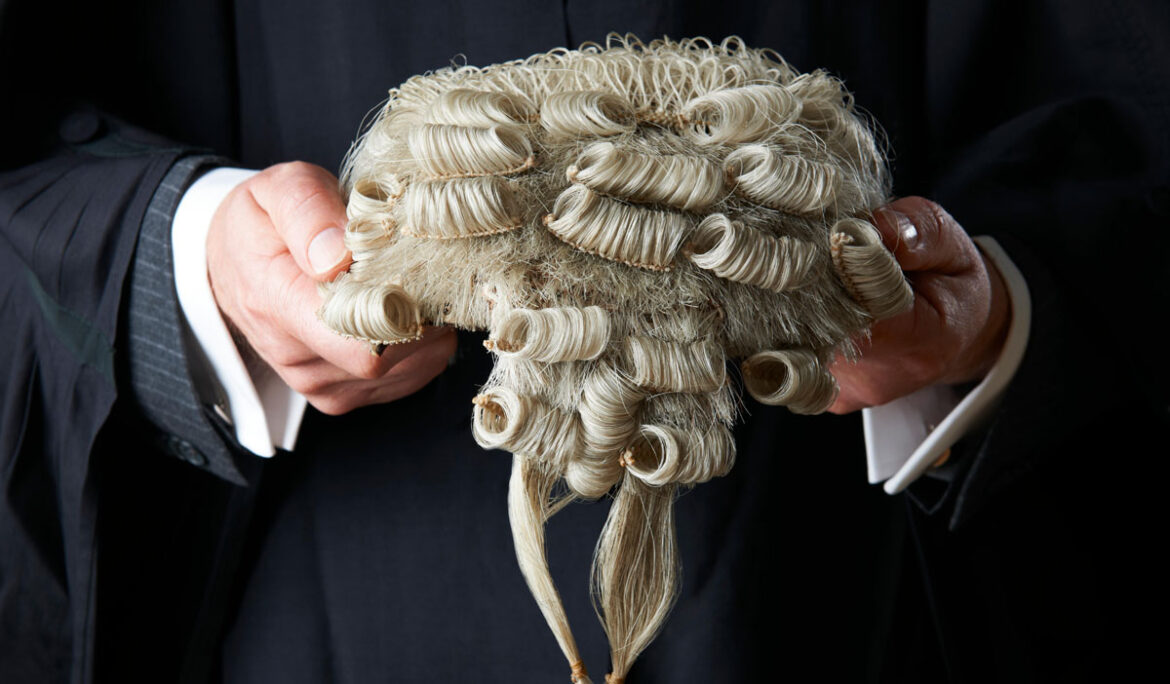

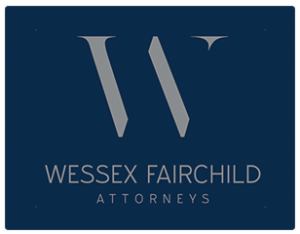
What is Voir Dire?
Voir dire is a legal term that refers to the process of questioning prospective jurors to determine their qualifications and suitability to serve on a jury in a particular case. The term “voir dire” is derived from French and means “to speak the truth.” This process is an essential part of jury selection and is used to identify any potential biases, prejudices, or conflicts of interest that may affect a juror’s ability to fairly and impartially decide the case. During voir dire, attorneys from both sides (prosecution and defense) have the opportunity to question potential jurors. The goal is to …